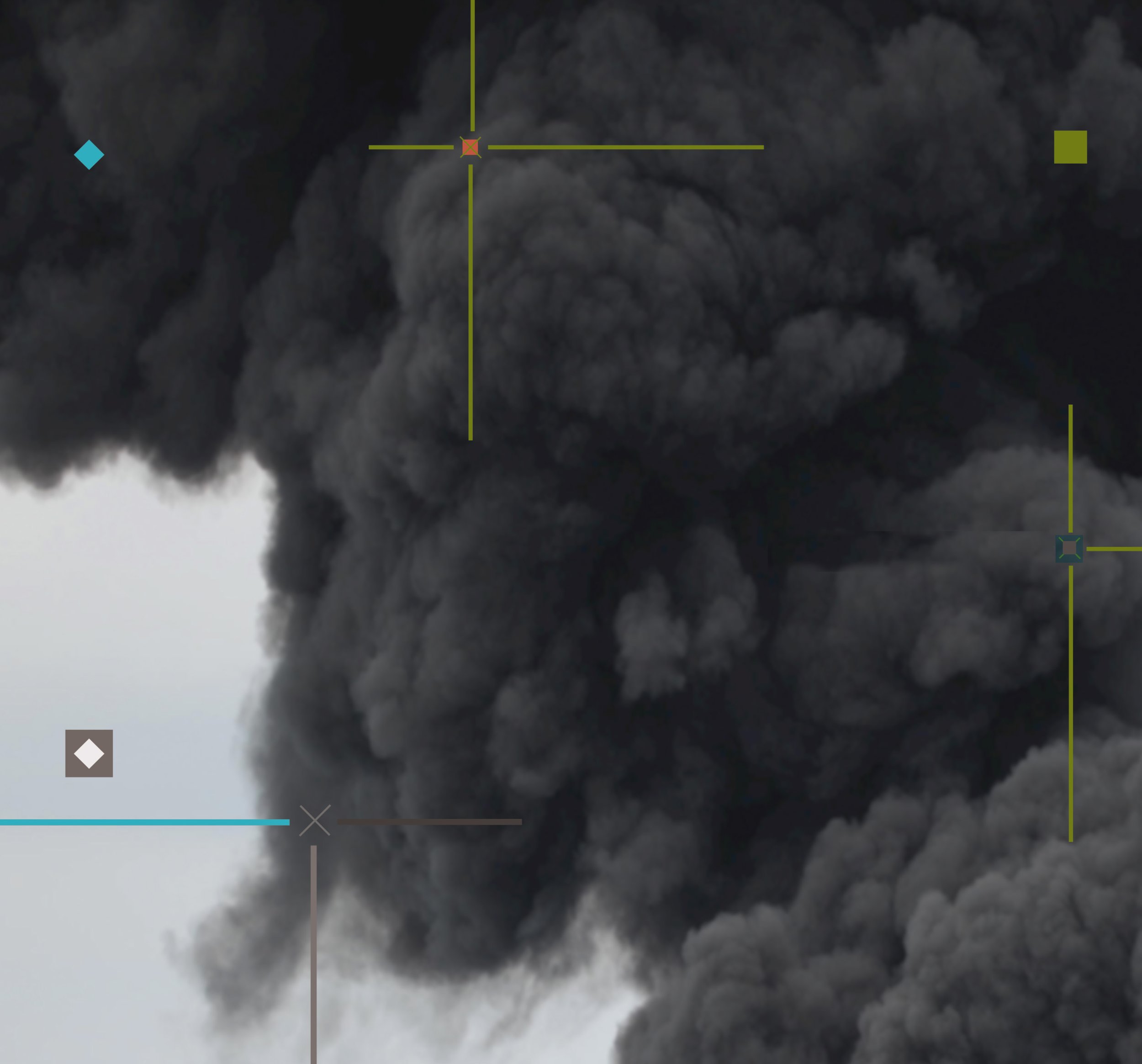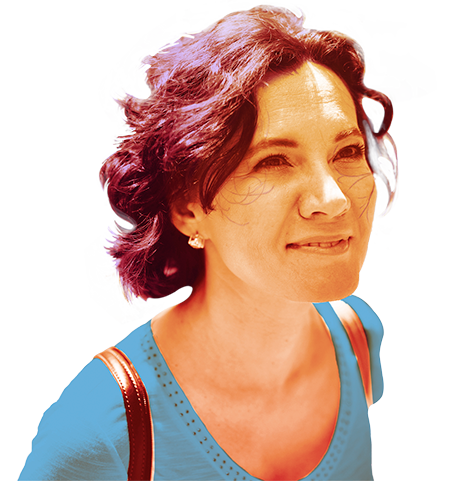
OKSANA LUTSYSHYNA
Oksana Lutsyshyna was born in Uzhhorod in 1974. She is a writer and translator, and lecturer in Ukrainian studies at the University of Texas in Austin, where she teaches Ukrainian language and Eastern European literatures. She holds a PhD in comparative literature from the University of Georgia. Oksana translates alone or in collaboration with Olena Jennings, Kevin Vaughn, and Daniel Belgrad. Her translations of poems and essays by Vasyl Makhno, Marianna Kiyanovska, Bohdana Matiyash and other Ukrainian authors have appeared in Postroad Magazine, The Wolf, Ukrainian Literature: A Journal of Translation, St. Petersburg Review, and other venues. Her original work includes two novels, a collection of short stories, and three collections of poetry, all published in Ukraine. Her most recent novel has been long-listed for the Ukrainian BBC award.

From the Translators
Oksana Maksymchuk & Max Rosochinsky
Oksana Lutsyshyna’s work draws on the legacy of Ukrainian, Polish, Russian, and English language writers. The first poem in the selection (“eastern europe…”) reads as a manifesto of a poet oscillating between two worlds, the old and the new, and two ways of being: suffering and love. No matter how much she struggles to abandon her “Eastern European” perspective, she ends up rolling back, like a Sisyphean rock. Eastern Europe has become her own private nightmare, where time does not move, where the dead poets speak, where a nervous parthenos asks not the question about love, but one about death.
In the English language, the connotations of “pit” are infernal, evoking the “bottomless pit” of the Bible, with its eternally downward motion. By contrast, the Ukrainian word yama brings to mind a grave: in such a pit, things are enclosed by the earth, put to rest. One gets stuck, one cannot move. One cannot even fall, because there’s nowhere to go. Yet this doesn’t mean that nothing is happening, for the pit is seething with its peculiar form of life: things ferment, decompose. Where there’s no motion, there’s decay; but decay is itself a form of being – fresh plums roll down into the pit, new poems emerge. There’s heat here, and energy. As the poet ironically characterizes her own commitment to the “national sport” of talking about death, “sad yet beautiful.” Pains get mixed with pleasures, pleasures get enhanced by pains.
Lutsyshyna’s doctoral dissertation was on Bruno Schulz, a Polish Jewish writer from Drohobych whose dream-like worlds emerge from the ceaseless interplay of haughty forms and naughty matter. Voluptuous things get deflated; small things bubble up, explode. Lutsyshyna’s other poems in the selection are starker, less playful, yet they too speak of the same themes: eros and thanatos, determinism and freedom; of the pit no plum can roll out of, as no plum can stop its own decay.
